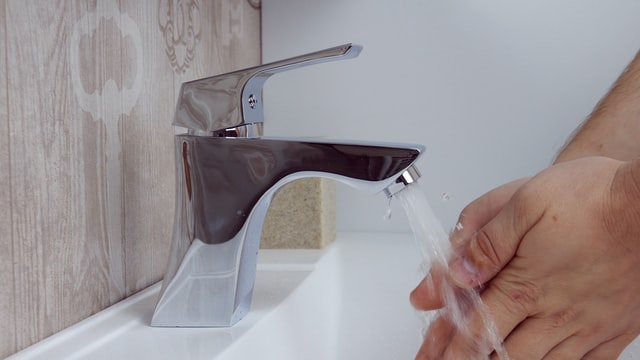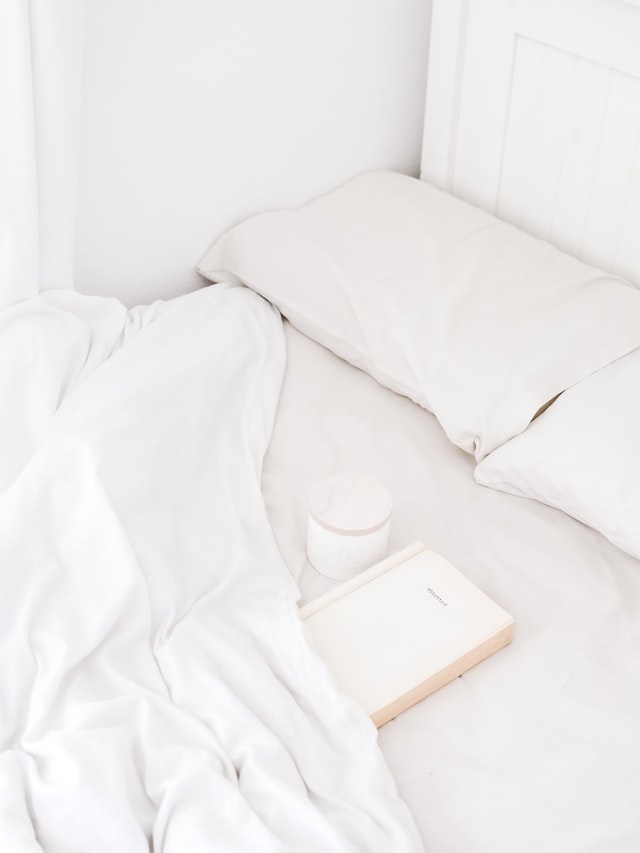Are there Eczema Irritants in your Home?
The home should be regarded as a place of sanctuary, rest, and protection from the outdoors. However, did you know that many eczema outbreaks can be triggered by a number of different factors that you can find right inside your house? In the article, we will be taking a closer look at these eczema irritants and what you can do to potentially help eczema-proof your home.
Dust Mites:
Dust mites are microscopic creatures that live in our homes. They typically reside in large colonies and can be found in carpets, couches, beds, and other household furnishings. These critters eat debris such as dead insects, pollen, and flakes of skin that have been shed. As they digest their meals, they produce minuscule droppings that contain proteins. These proteins are digestive enzymes that have been found to damage skin cells and worsen eczema. As such, it is not actually the mites themselves that trigger eczema- but it is in fact, their poo!
Whilst it is impossible to eradicate the presence of these creatures altogether, you can reduce contact with them by following these recommendations:
- Vacuum carpets and soft furnishing regularly, preferably multiple times a week.
- Wash bed linens twice a week, and pillows and duvets every 4-6 weeks at a temperature of at least 60°C. This ensures that the mites are killed.
- Air bedrooms and living spaces daily to help reduce humidity. This makes the area less attractive for mites to live in.
- Wipe hard surfaces every day with a damp cloth.
- Consider having soft furnishings that can be easily wiped down (e.g. vinyl or leather) and, replace carpets with wood, vinyl, or laminated flooring.
Mold:
Molds are a type of fungi usually found in moist places like steamy bathrooms, kitchens, and even piles of damp clothes. They can release tiny particles into the air called ‘spores’. Although dormant when outdoors, spores can be active indoors when the air is warm and humid. Fortunately, the vast majority of spores typically live in harmony with humans – rarely causing disease. However, in the autumn/winter season, certain species do have the ability to trigger allergies, asthma, and eczema symptoms.
To prevent this from happening you can:
- Increase ventilation in your home, particularly during the colder months.
- Treat any areas of dampness as soon as possible to avoid mold formation.
- Ensure room temperatures are not too hot and humid.
Hard Water:
When tap water contains high levels of calcium and magnesium carbonates, it is described as “hard water”. Domestic water hardness varies throughout the world depending on the geography of the land. In areas such as Las Vegas, Indianapolis, and Minneapolis, hard water is very common due to the presence of groundwater that flows over or through limestone.
Some evidence suggests that hard water contributes to the disruption and damage of the skin barrier, thus playing a role in the development of dry skin and eczema. In one scientific review, investigators found that when exposed to hard water, young children had a greater risk of developing atopic eczema. With regards to adults, small studies have implied a link between hard water exposure, a reduction in skin hydration and, the rise of skin redness and cytokines (molecules that drive inflammation). In addition, researchers have also demonstrated that the calcium and magnesium ions can bind to certain particles in soap known as ‘surfactants’. This is particularly problematic for eczema sufferers as this makes it more difficult to rinse the soap off the body, leaving an insoluble precipitate called ‘metallic soap’ on the skin. Metallic soap (or soup scum) is a residue known to damage the skin barrier and exacerbate irritation and dermatitis.
If you happen to live in a hard water area, adopting a few of the following tips can help soften the water for the whole household:
- Install (or get a professional to install) an ion-exchange softener to help sift out contaminants. Despite being rather expensive (i.e. $500 – $1,500), household ion exchangers have been a proven system to improve water hardness levels.
- Consider adding bath salts or baking soda to baths as a way of countering the drying effects of hard water.
Central Heating & Humidity:
As we approach the colder months, it comes as no surprise that many homes also begin to increase their usage of central heating. Excessive central heating reduces the humidity in the air which can lead to the appearance of drier skin. On the other hand, if humidity is too high, dust mite colonization and the growth of molds are encouraged. As a result, optimal temperature and humidity levels need to be maintained throughout the house to facilitate the reduction of eczema outbreaks.
To ensure this, you can:
- Use radiators instead of convection heaters.
- Keep all rooms at a regular temperature (i.e. 18°C).
- Maintain humidity levels between 50-60%. Consider buying a humidifier or, place bowls of water under radiators.
Bedding:
As mentioned earlier, both dust mites and high temperatures can trigger eczema flare-ups. Therefore, the choice of bedding can be a particularly important aspect to consider as the fabric used can help reduce dust mite exposure and regulate temperatures at night.
- Avoid using bedding made from synthetic materials as they have been associated with higher house dust mite levels.
- Use 100% cotton cellular blankets to prevent overheating. Bedding made from cotton is more comfortable due to its breathable nature and ability to absorb sweat.
Take-Home Message:
Managing these triggers can definitely foster the reduction of eczema symptoms. However, it is important to note that these irritants are merely exacerbating factors and are not the direct cause of the condition. Many of these factors (e.g. dust mites) are also impossible to eradicate or avoid completely. As a result, any management strategies adopted should not be a complete substitute for any eczema treatments that are currently being used.
If any concerning eczema symptoms persist or arise, we highly encourage you to consult with a professional for closer examination. Here at First Derm, we offer a fast and secure service with online board-certified dermatologists (skin doctors) ready to take a look at any of your skin concerns, including eczema and other similar conditions. Simply upload an image anonymously and we’ll get back to you within a matter of days!
About the Author:
My name is Rain Speake, a BSc Human Biology and MSc Healthcare Technology graduate from the University of Birmingham. I have an interest in skincare and dermatology and have previously undertaken research on the formulation of an anti-scarring spray for oral delivery. Beyond the lab, I enjoy keeping up to date with emerging scientific trends and communicating health-related topics to the public.
Sources:
- https://pubmed.ncbi.nlm.nih.gov/3620346/
- https://pubmed.ncbi.nlm.nih.gov/30220297/
- https://pubmed.ncbi.nlm.nih.gov/28299723/
- https://onlinelibrary.wiley.com/doi/full/10.1111/cea.13797?saml_referrer
- https://www.jidonline.org/article/S0022-202X(17)32938-X/fulltext
- https://pubmed.ncbi.nlm.nih.gov/30220297/
- https://pubmed.ncbi.nlm.nih.gov/27306376/
- https://pubmed.ncbi.nlm.nih.gov/23022822/
Image Courtesy:
- Photo by Paige Cody on Unsplash
- Photo by Bermix Studio on Unsplash
- Photo by Sincerely Media on Unsplash
Ask a Dermatologist
Anonymous, fast and secure!

The Specialist doctor from the University Hospital in Gothenburg, alumnus UC Berkeley. My doctoral dissertation is about Digital Health and I have published 5 scientific articles in teledermatology and artificial intelligence and others.




